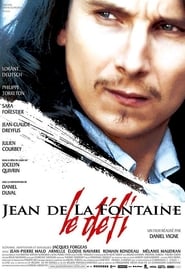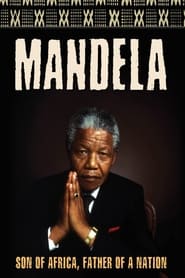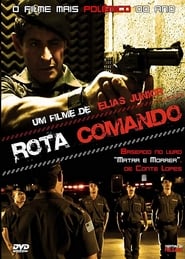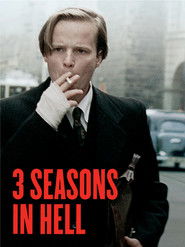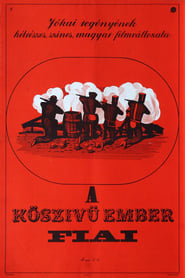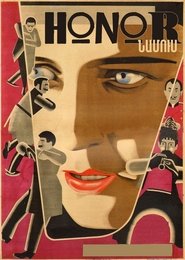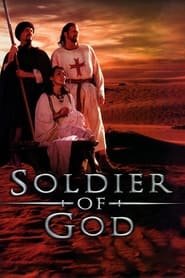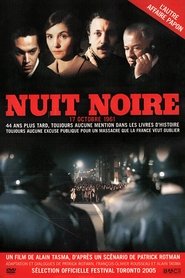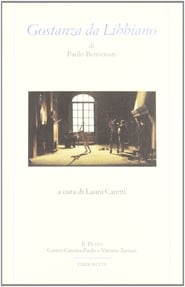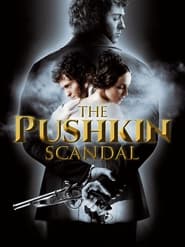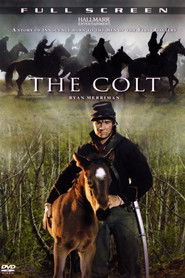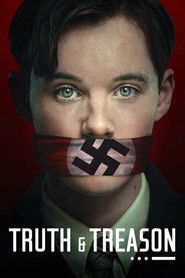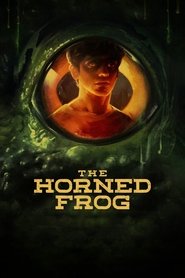Top Rated History Movies - Page 179
-
Our Fathers
2005
Our Fathers
2005
star 6.4In the '80s, priests and especially the Father Geoghan arrested for sexual abuse of minors. Cardinal Law, also indicted, and the diocese was aware of the actions of these men of the church and was kept secret for years, until the victims decide to seek redress. -
Lewis & Clark: Great Journey West
2002
star 6Explorers Meriwether Lewis and William Clark lead a U.S. expedition to the Pacific Ocean and back. -
Dial H-I-S-T-O-R-Y
1997
Dial H-I-S-T-O-R-Y
1997
star 6.9An acclaimed hijacking documentary that eerily foreshadowed 9/11. We meet the romantic skyjackers who fought their revolutions and won airtime on the passenger planes of the 1960s and '70s. By the 1990s, such characters were apparently no more, replaced on our TV screens by stories of anonymous bombs in suitcases. Director Johan Grimonprez investigates the politics behind this change, at the same time unwrapping our own complicity in the urge for ultimate disaster. -
Mandela
1996
Mandela
1996
star 6.1A documentary that chronicles the life of South African leader Nelson Mandela. Mandela is probably best known for his 27 years of imprisonment, and for bringing an end to apartheid. But this film also sheds light on the little-known early period of Mandela's life. -
The Singing Revolution
2006
star 6Most people don't think about singing when they think about revolutions. But song was the weapon of choice when, between 1986 and 1991, Estonians sought to free themselves from decades of Soviet occupation. During those years, hundreds of thousands gathered in public to sing forbidden patriotic songs and to rally for independence. "The young people, without any political party, and without any politicians, just came together ... not only tens of thousands but hundreds of thousands ... to gather and to sing and to give this nation a new spirit," remarks Mart Laar, a Singing Revolution leader featured in the film and the first post-Soviet Prime Minister of Estonia. "This was the idea of the Singing Revolution." James Tusty and Maureen Castle Tusty's "The Singing Revolution" tells the moving story of how the Estonian people peacefully regained their freedom--and helped topple an empire along the way. -
Rota Comando
2009
Rota Comando
2009
star 5.2A história é baseada em fatos reais e inspirada no livro “Matar ou Morrer“, do ex-oficial Conte Lopes. Apesar de ser uma produção independente o filme pretende criar polêmica e já é sucesso nos camelôs como o primo rico “Tropa de Elite”. -
3 Seasons in Hell
2009
3 Seasons in Hell
2009
star 5.3A 19 year old nonconformist poet living in 1947 Czechoslovakia is blind to the Communist behemoth looking over him, and instead lives a bohemian life with sexually liberated girls. -
Sons of the Stone-Hearted Man
1965
star 6.2Based on the novel of Mór Jókai. During the Hungarian independence war 1848-49 mother and her three sons trying to leave the road precisely designated by their conservative, stone-hearted father. The way-seeking and rivalry of brothers, Jókai's masterpiece, the cast, delightful scenes give an unforgettable experience. -
Lesser Evil
2009
Lesser Evil
2009
star 5.3There is a writer who in the late 1970s managed to publish a poem in the monthly "Nowy Wyraz". It was enough to become a self-confessed writer whose name began to appear in the state media. The writer takes full advantage of his privileges - he flirts with power, sympathizes with the opposition, and collapses his studies at the same time. He is saved from going to the army by an exalted essayist whose sister is the head of the psychiatric hospital in Tworki. In a psychiatric institution, a writer meets a schizophrenic who writes a novel. After his suicide, the protagonist takes over the draft, which he publishes outside of censorship under his name, thanks to which he gains fame, fame and money. August '80 breaks out.... -
Honor
1926
Honor
1926
star 4Based on Alexander Shirvanzade's 1885 novel of the same name, the film denounces the despotic rites and customs of Caucasian families. It is widely recognized as the first Armenian feature film. -
Soldier of God
2005
Soldier of God
2005
star 5The Knights Templar, a religious order originally assigned to protect Christian pilgrims, has disintegrated from chivalric order and justice into dissolute chaos, as its individual factions bloodthirstily vie with one another for power and control. -
Dark Night, October 17, 1961
2005
star 7.3Parisian authorities clash with the Front de Libération Nationale (FLN) in director Alain Tasma’s recounting of one of the darkest moments of the Algerian War of Independence. As the war wound to a close and violence persisted in the streets of Paris, the FLN and its supporters adopted the tactic of murdering French policemen in hopes of forcing a withdrawal. When French law enforcement retaliated by brutalizing Algerians and imposing a strict curfew, the FLN organizes a peaceful demonstration that drew over 11,000 supporters, resulting in an order from the Paris police chief to take brutal countermeasures. Told through the eyes of both French policemen as well as Algerian protestors, Tasma’s film attempts to get to the root of the tragedy by presenting both sides of the story. -
Gostanza da Libbiano
2000
-
Pushkin: The Last Duel
2006
star 3.7The movie has reveal the last days of the famous and popular Russian poet - Alexander Pushkin. After the poet faced scandalous rumors that his wife Natalya Pushkina had embarked a love affair, Pushkin then challenged her brother in law to a duel! -
The Colt
2005
The Colt
2005
star 5.6During the heat of battle in the midst of the Civil War, a beguilingly innocent colt is born to Union Jim Rabb's beloved mare. Refusing the orders to shoot it, lest it prove a hindrance, Rabb keeps the colt as a consolation in these desperate times-a symbol of hope that leads the men of the First Cavalry on a journey of self-discovery and newfound brotherhood. -
Truth & Treason
2025
Truth & Treason
2025
star 7.1When loyalty to country becomes loyalty to a lie, one teen risks everything to expose the truth. With the Gestapo closing in, he must decide what it really means to be a good German. -
The Chosen: Last Supper
2025
star 8.1Jesus rides into the holy city as king, but finds His Father’s house has been turned from a place of prayer into a corrupt market. As the Jewish High Priest schemes against the would-be Messiah, Jesus strikes first—turning the tables on religious corruption. -
The Horned Frog
2023
The Horned Frog
2023
star 7.1Year 1866. Venancio, a young gaucho, embarks on a journey to escape from a curse through a war-torn region desperately seeking salvation among rustlers, priests, shamans and deserters. The stronger his fear is, the more real the legend becomes. -
Unsinkable
2024
Unsinkable
2024
star 5.6The true story of rushed investigations, political interference, and the grasp for corporate accountability woven amongst heart wrenching flashbacks of the Titanic disaster as it unfolded.
 Netflix
Netflix
 Amazon Prime Video
Amazon Prime Video
 Apple iTunes
Apple iTunes
 Apple TV Plus
Apple TV Plus
 Disney Plus
Disney Plus
 Google Play Movies
Google Play Movies
 Paramount Plus
Paramount Plus
 Hulu
Hulu
 HBO Max
HBO Max
 YouTube
YouTube
 fuboTV
fuboTV
 Peacock
Peacock
 Peacock Premium
Peacock Premium
 Amazon Video
Amazon Video
 The Roku Channel
The Roku Channel
 AMC+
AMC+
 Kocowa
Kocowa
 Hoopla
Hoopla
 The CW
The CW
 Vudu
Vudu
 Starz
Starz
 Showtime
Showtime
 PBS
PBS
 Pantaflix
Pantaflix
 FXNow
FXNow
 Tubi TV
Tubi TV
 Kanopy
Kanopy
 Comedy Central
Comedy Central
 Crunchyroll
Crunchyroll
 Microsoft Store
Microsoft Store
 Redbox
Redbox
 Sun Nxt
Sun Nxt
 ABC
ABC
 DIRECTV
DIRECTV
 Crackle
Crackle
 Fandor
Fandor
 Plex
Plex

